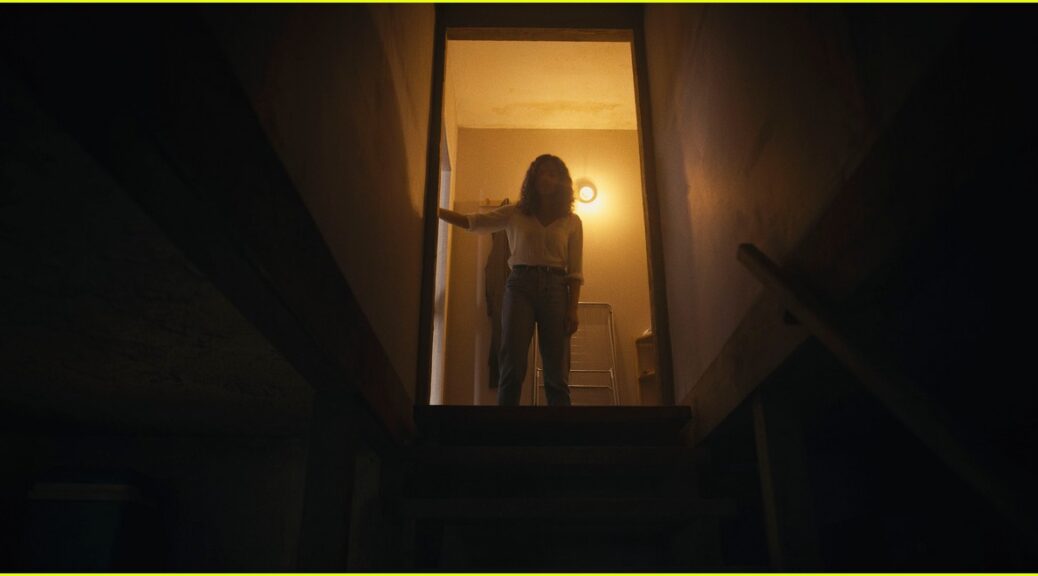The Woman King
by Hope Madden
If you thought the coolest thing in Wakanda was its army led by Danai Gurira’s Okoye, two thoughts. One: correct. Two: see The Woman King. See it now.
What you may not realize is that Wakanda’s Dora Milaje was patterned after the 17th and 18th Century West African Agoji, called the Dahomey Amazons by slave traders. Why?
Because they were badass!
They fought ruthlessly and relentlessly for the Dahomey state – a fact we should all have known for our entire lives. Thankfully, director Gina Prince-Bythewood (Love & Basketball, The Old Guard) and legend Viola F. Davis have finally brought their war stories to our screens.
Is it a fictional story? Yes. They all are. Every beloved historical epic you’ve ever seen is fictional. But these warriors were real.
Davis – war worn and glorious – is their general, Nanisca. She has earned the ear of Dahomey’s King Ghezo (John Boyega), and she uses that privilege to show him that the Dahomey must no longer participate in the slave trade. They must never again sell their war captives to slavers.
Slavers have other ideas, but those will have to wait because Nanisca has a new crop of trainees, including the headstrong Nawi (Thuso Mbedu). The youngster more than holds her own in an army of veterans including the always welcome Sheila Atim as second in command. It is Lashana Lynch, though, who steals scenes and makes James Bond look like an armchair quarterback.
A script by Maria Bello and Dana Stevens plays on Prince-Bythewood’s strengths. The filmmaker’s work understands rather than displays the unending troubles connected to womanhood and the resilience and power of sisterhood.
Dahomey is no Wakanda. This world is unkind to women. (What world is not?) It is the castoffs who become Agoji, and they sacrifice as much as they endure. But the power they have as a unified whole is recruitment enough.
What many did not know before The Old Guard is that Prince-Bythewood knows her way around an action sequence. The Woman King is much more than training montages and battle scenes, but that doesn’t mean those set pieces disappoint.
In many ways, the film is an exceptionally well made, old fashioned historical epic. But as soon as you try to string together a list of similar films, you realize that there are none. This movie is the breathtaking, entertaining and wildly necessary new king of that genre.
And if there is any justice, everyone complaining today about a Black mermaid should run into an Agoji on their way out of Starbucks tomorrow.














